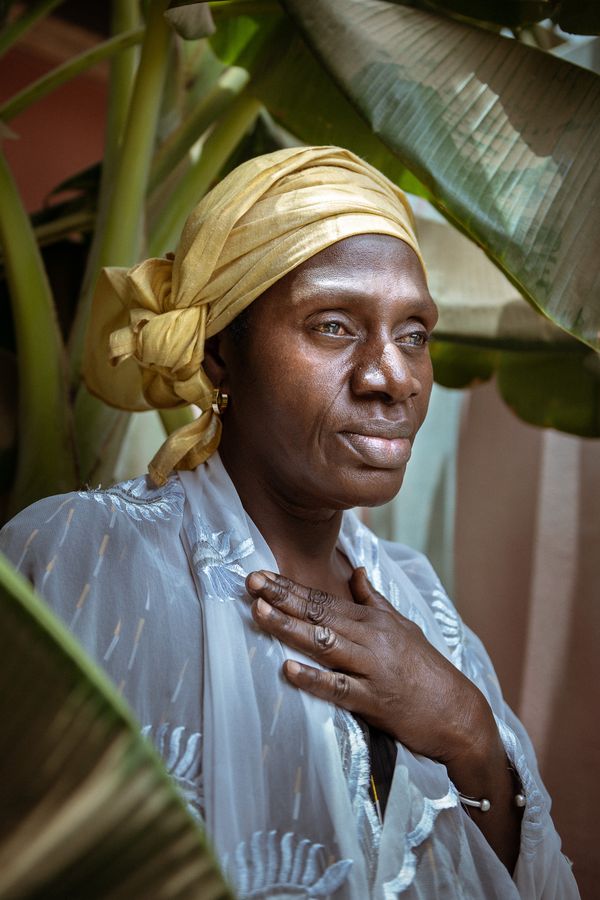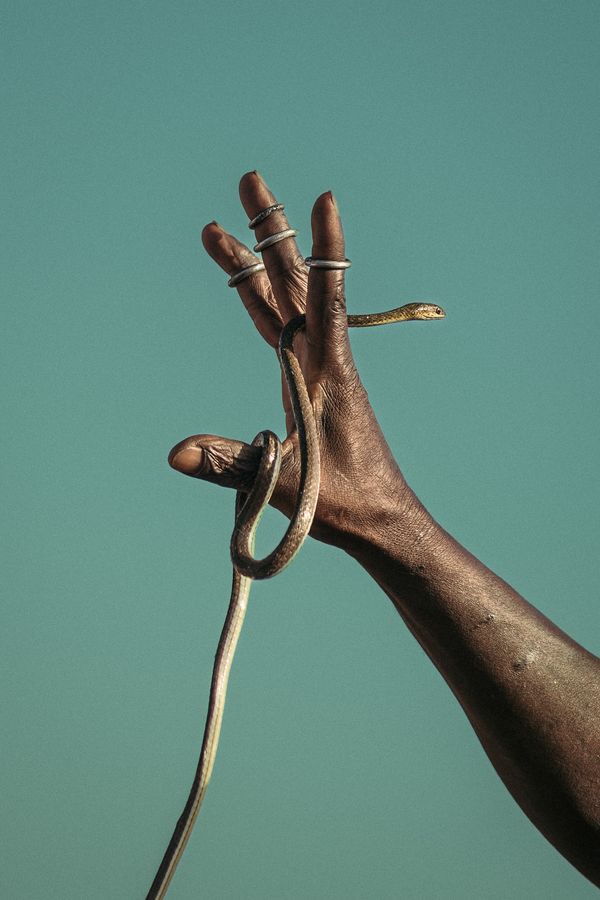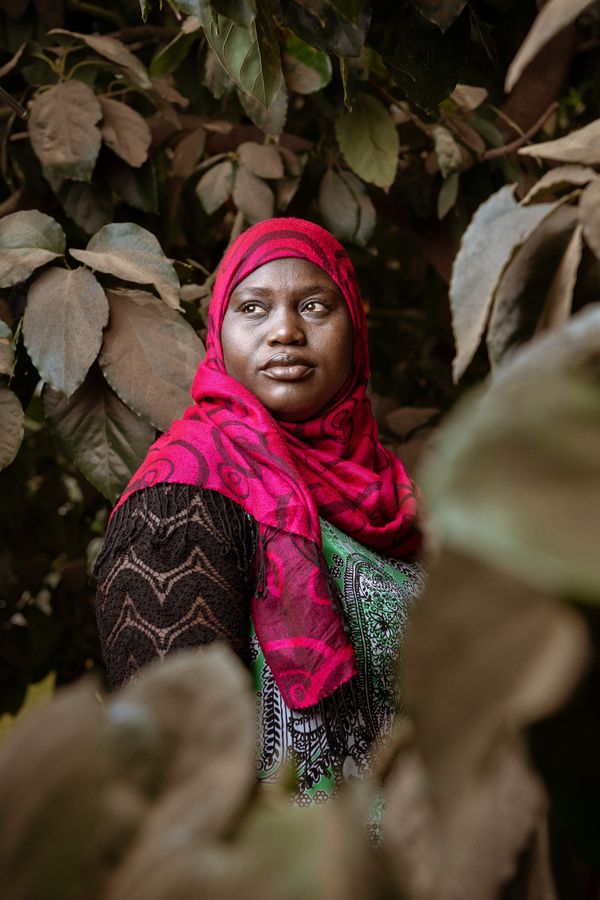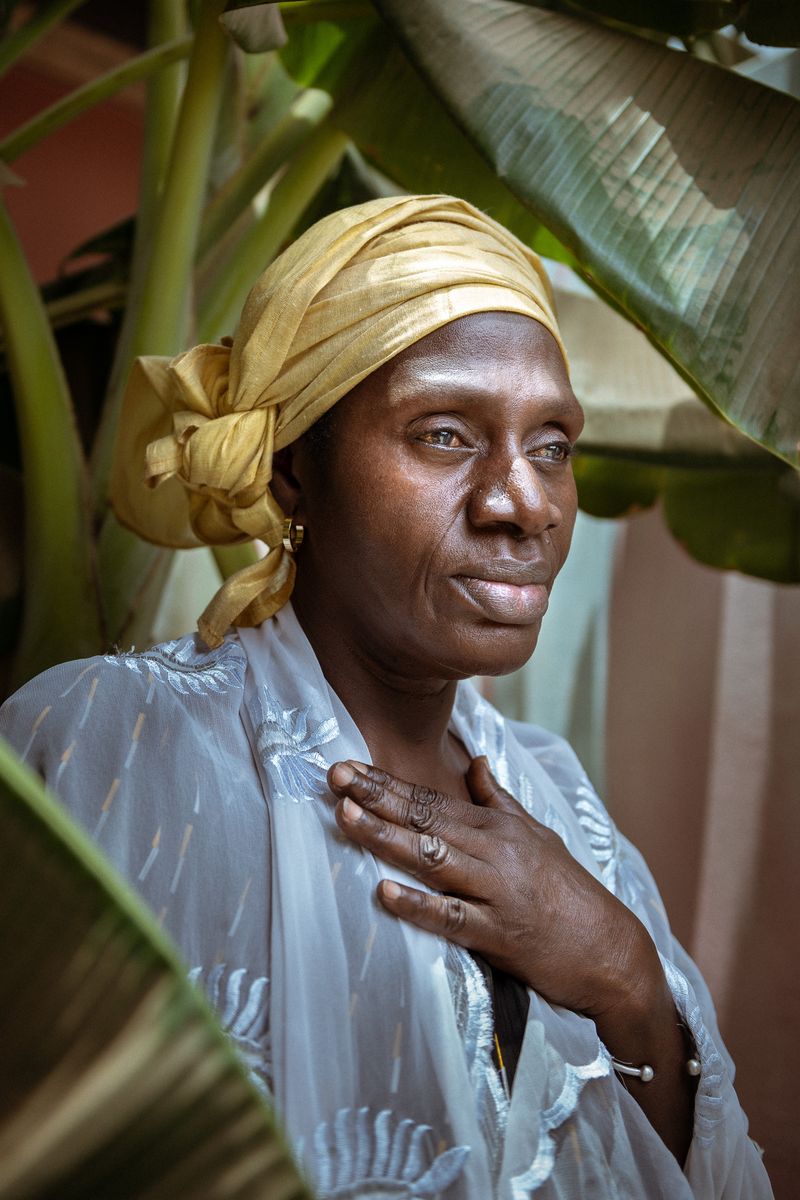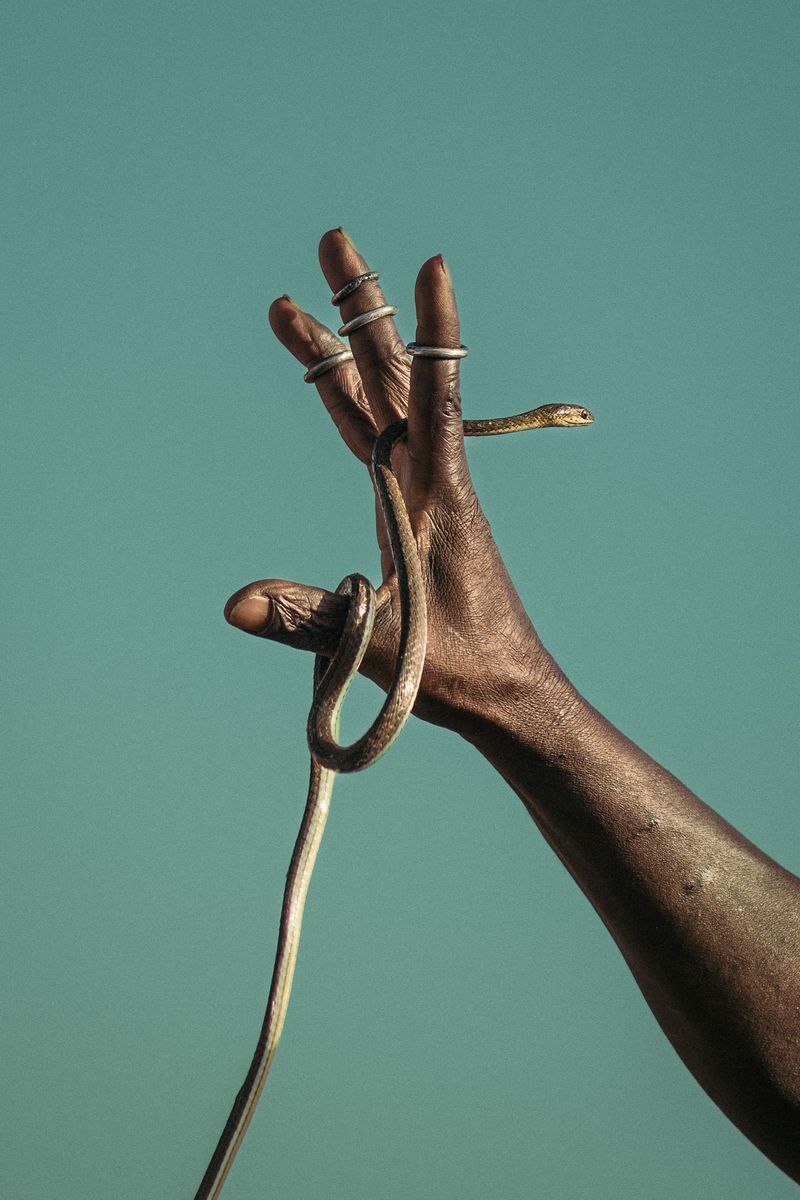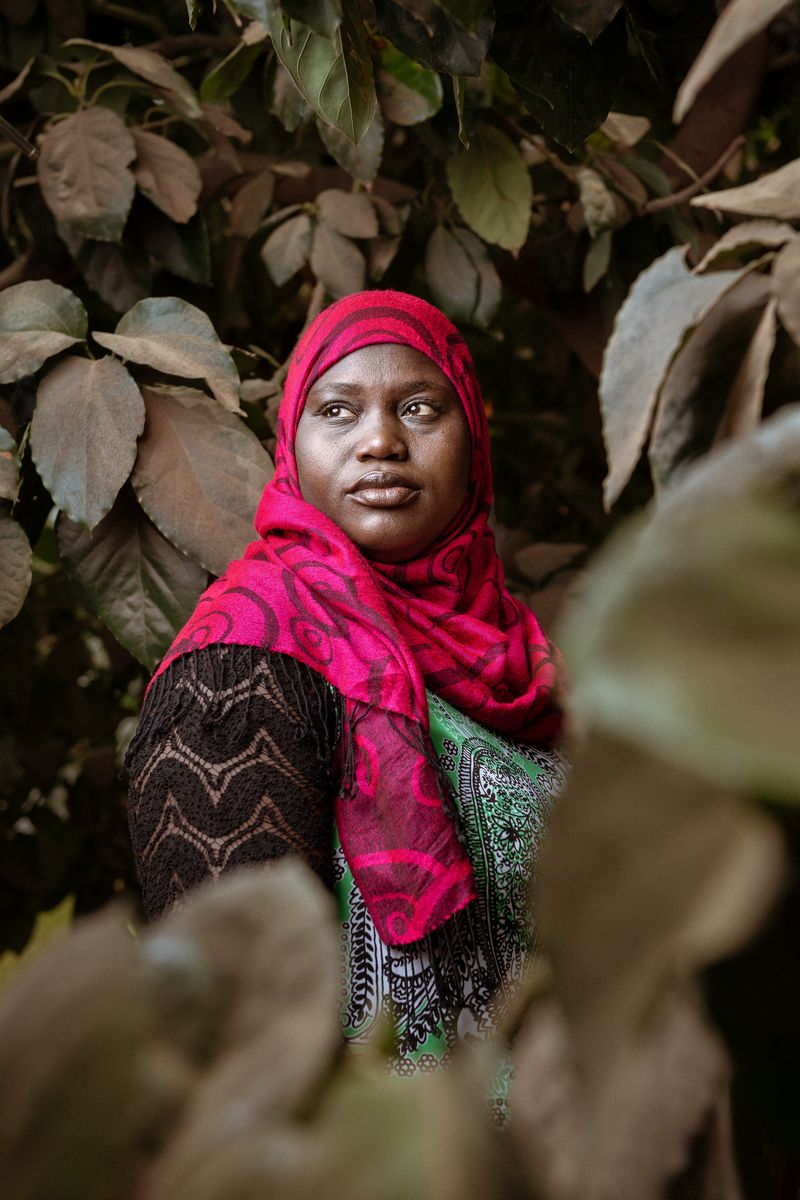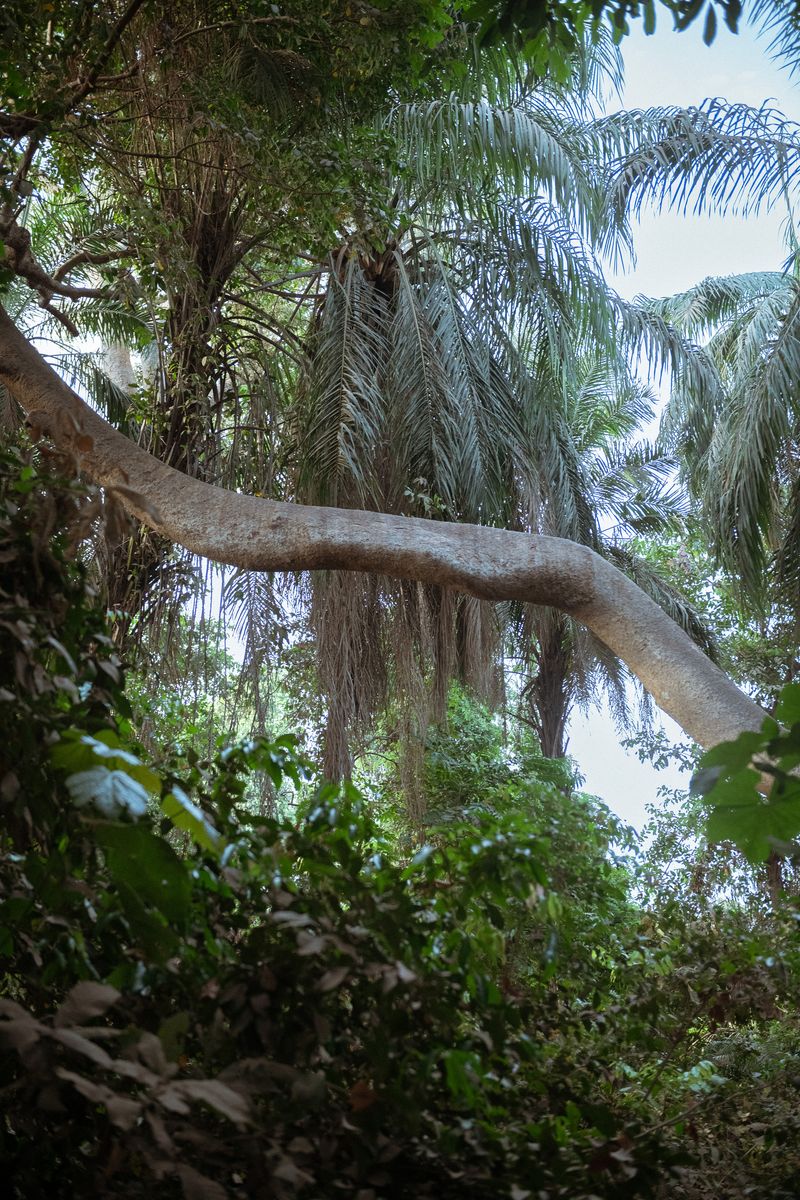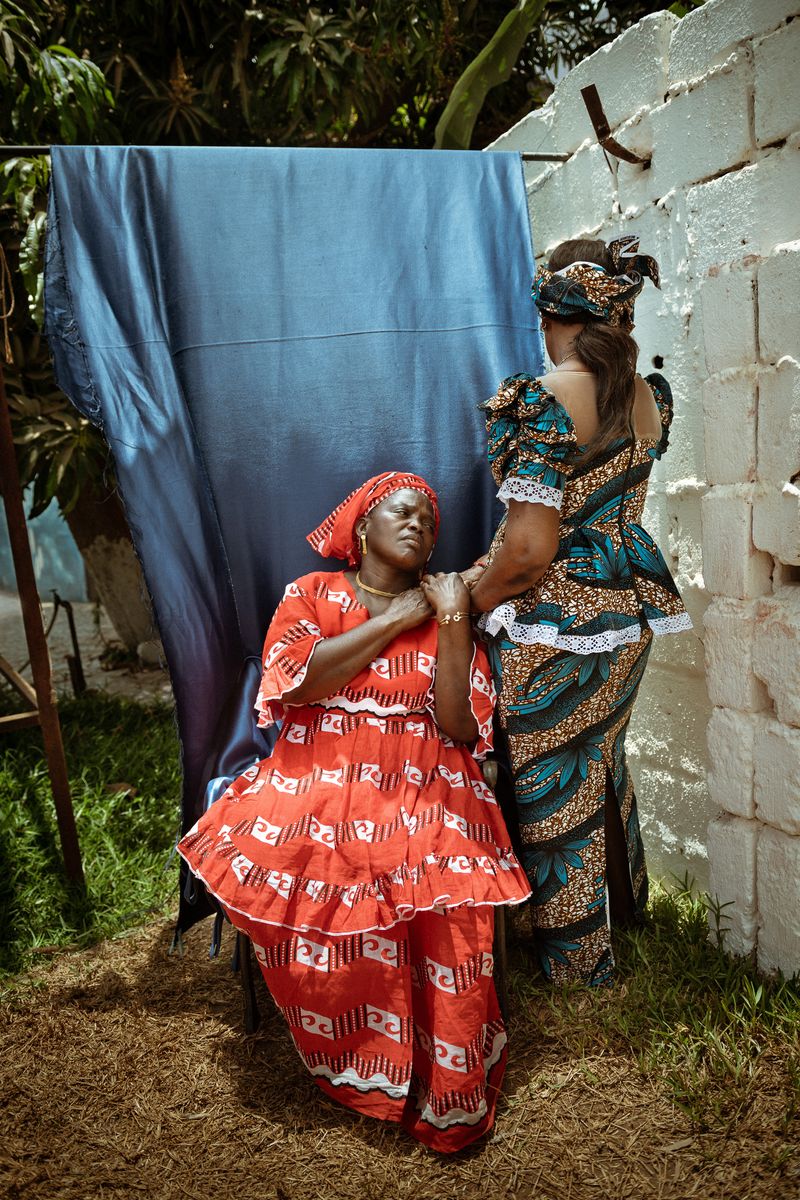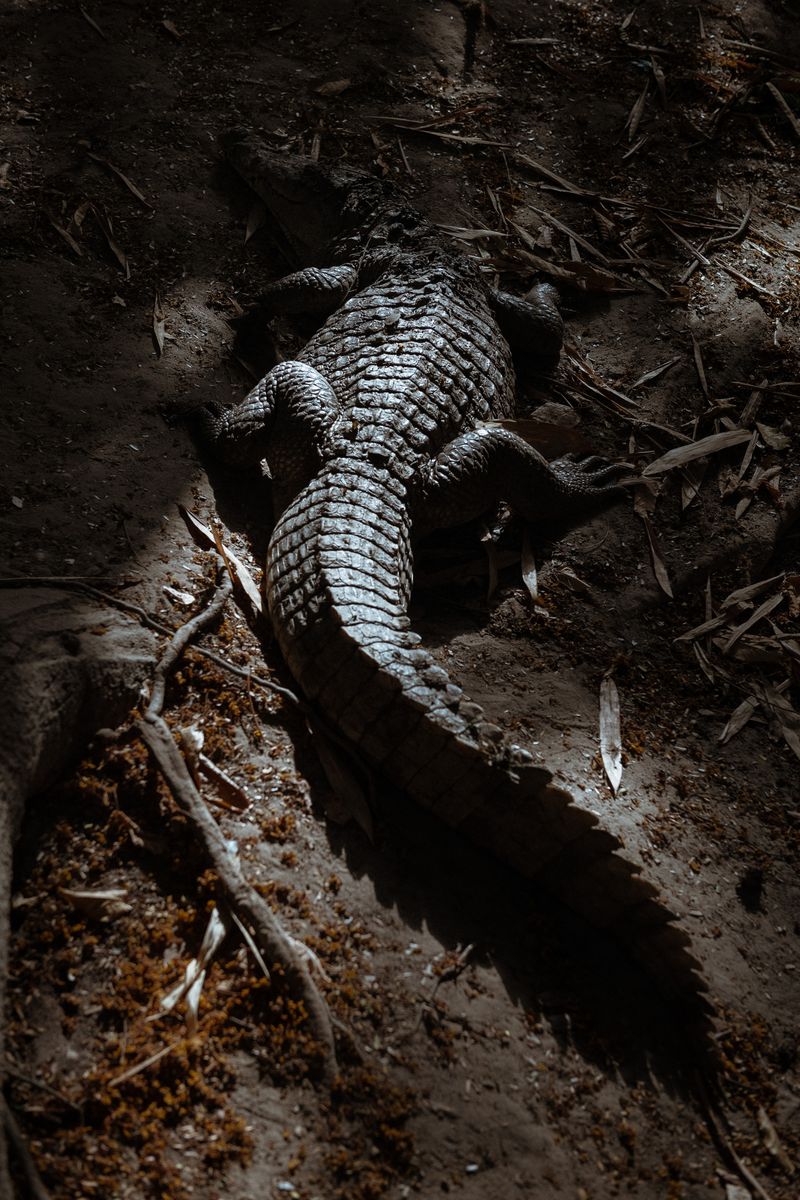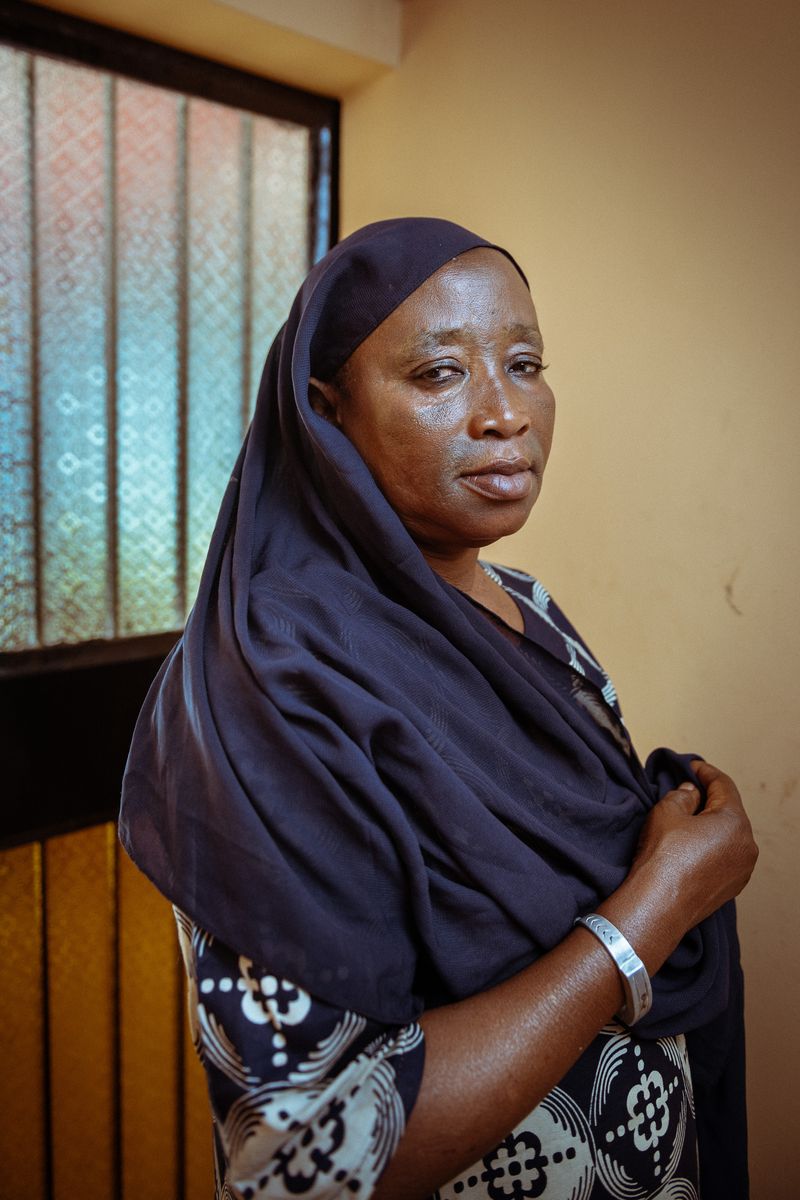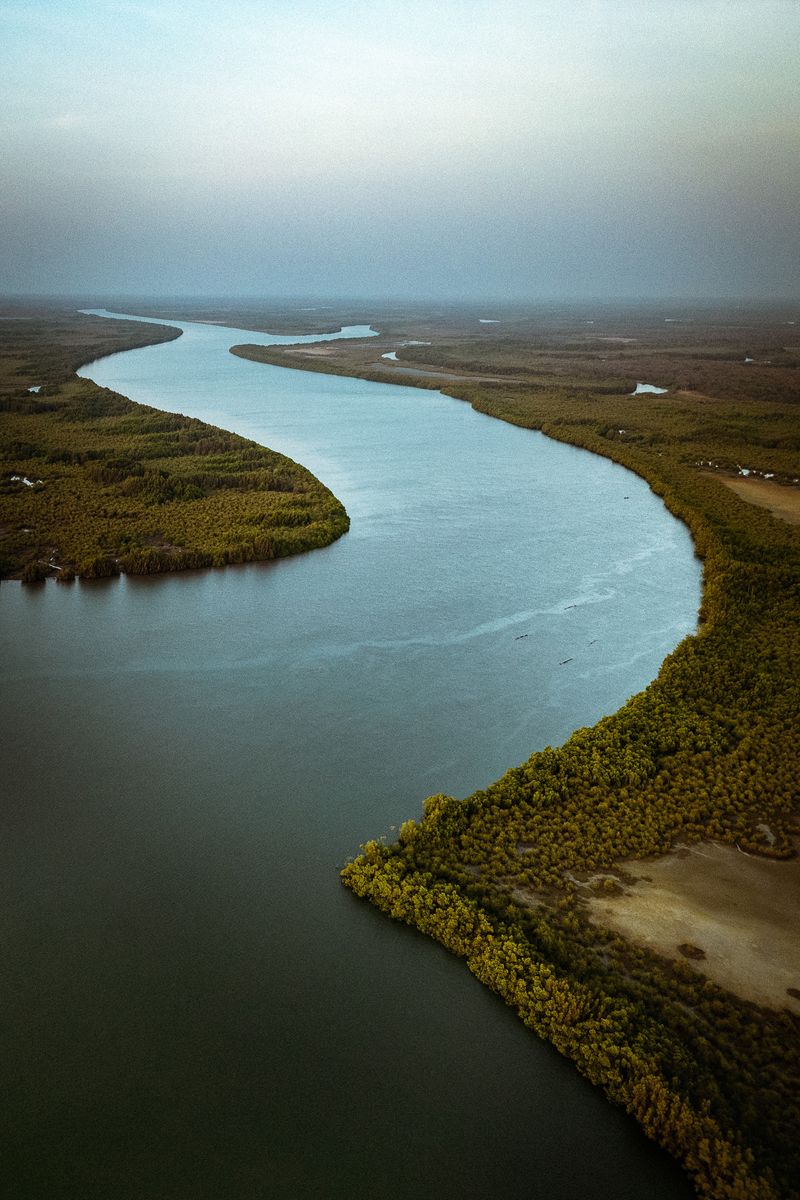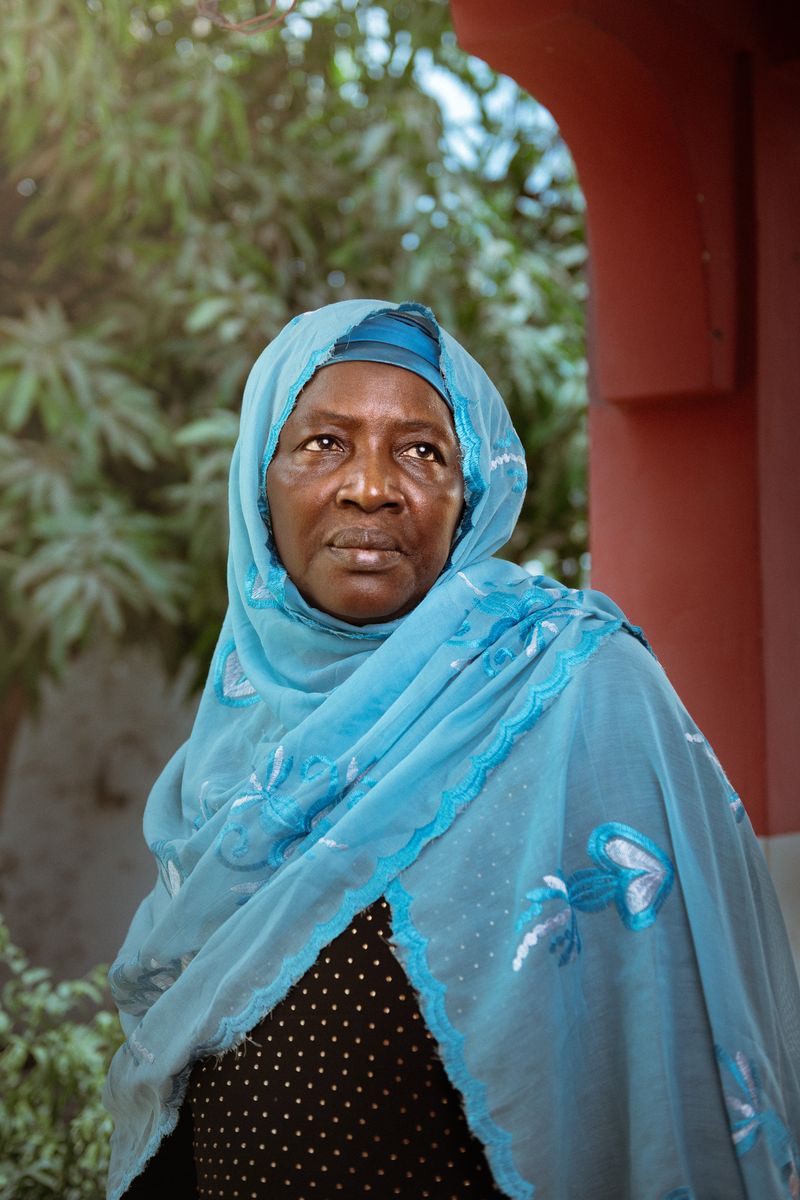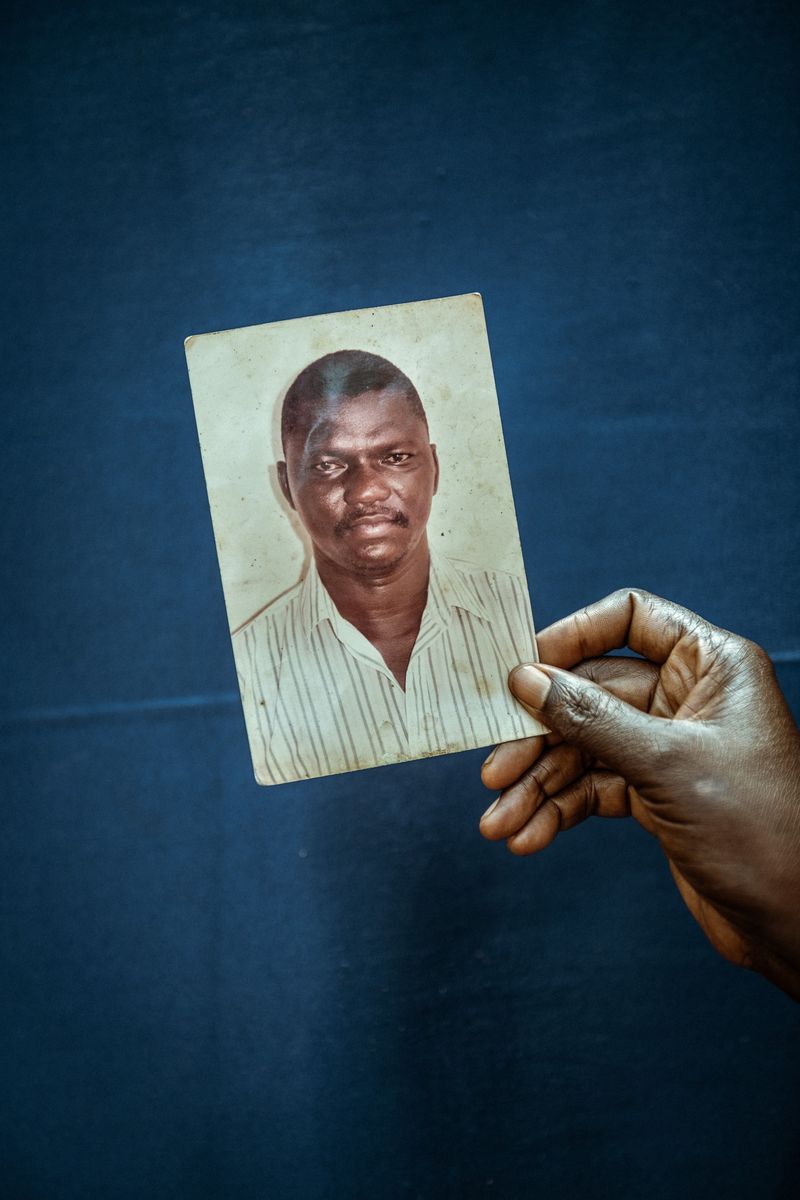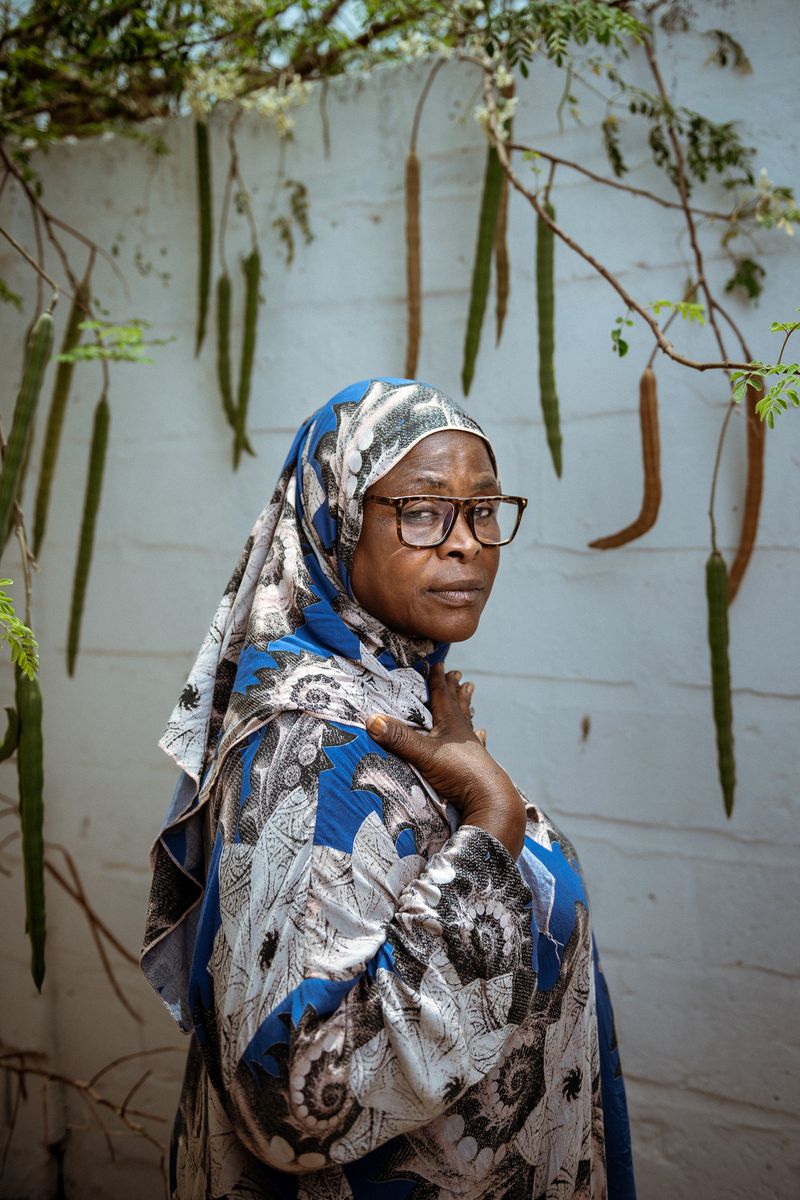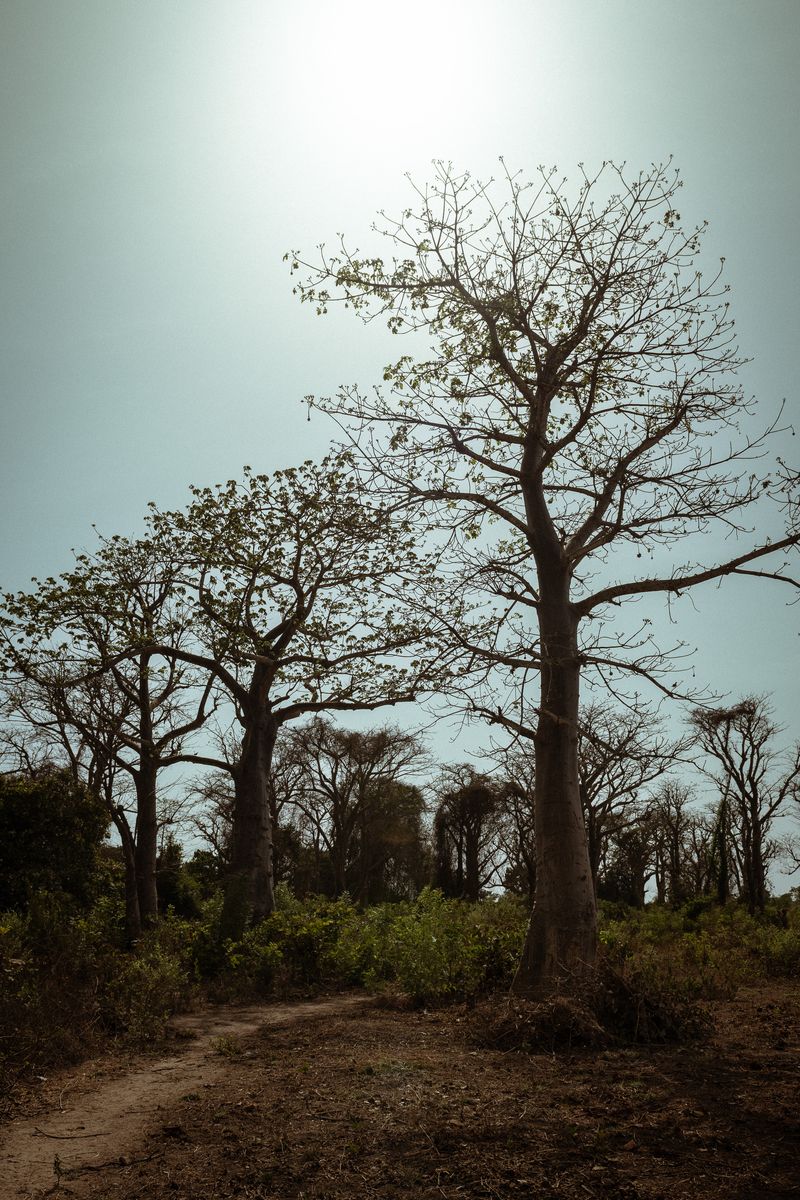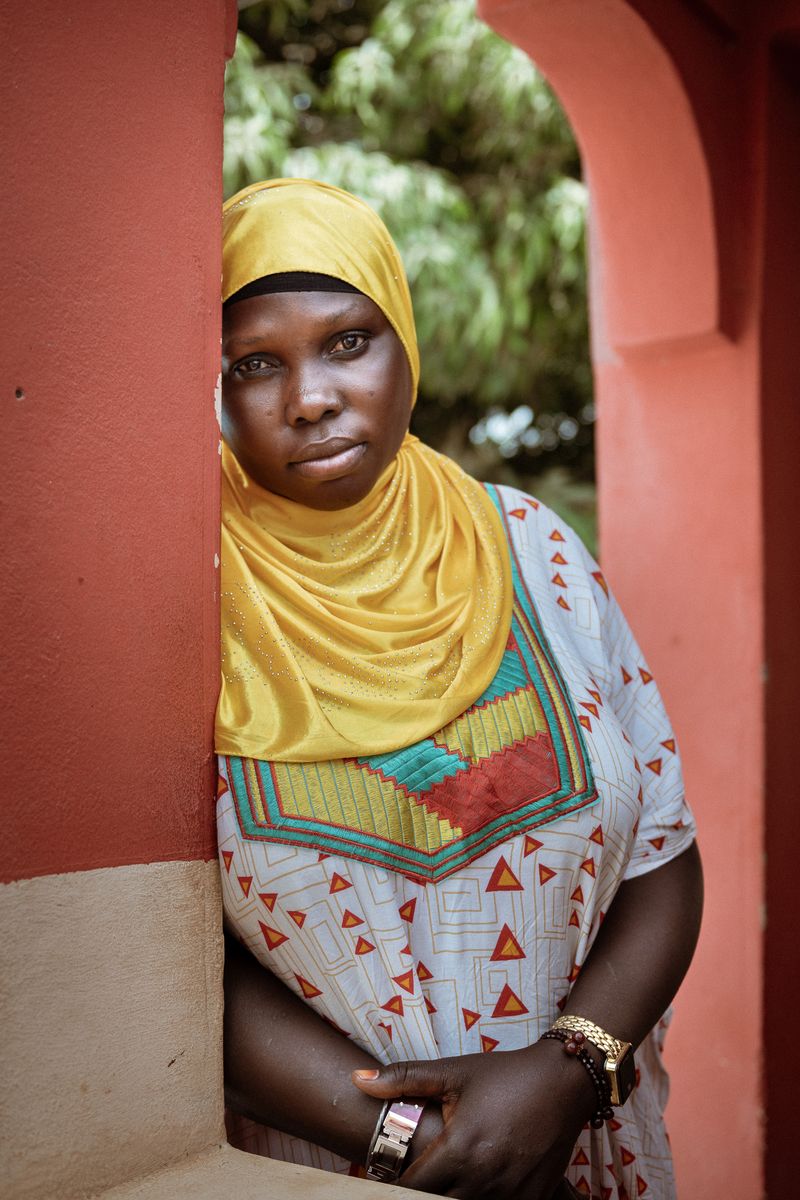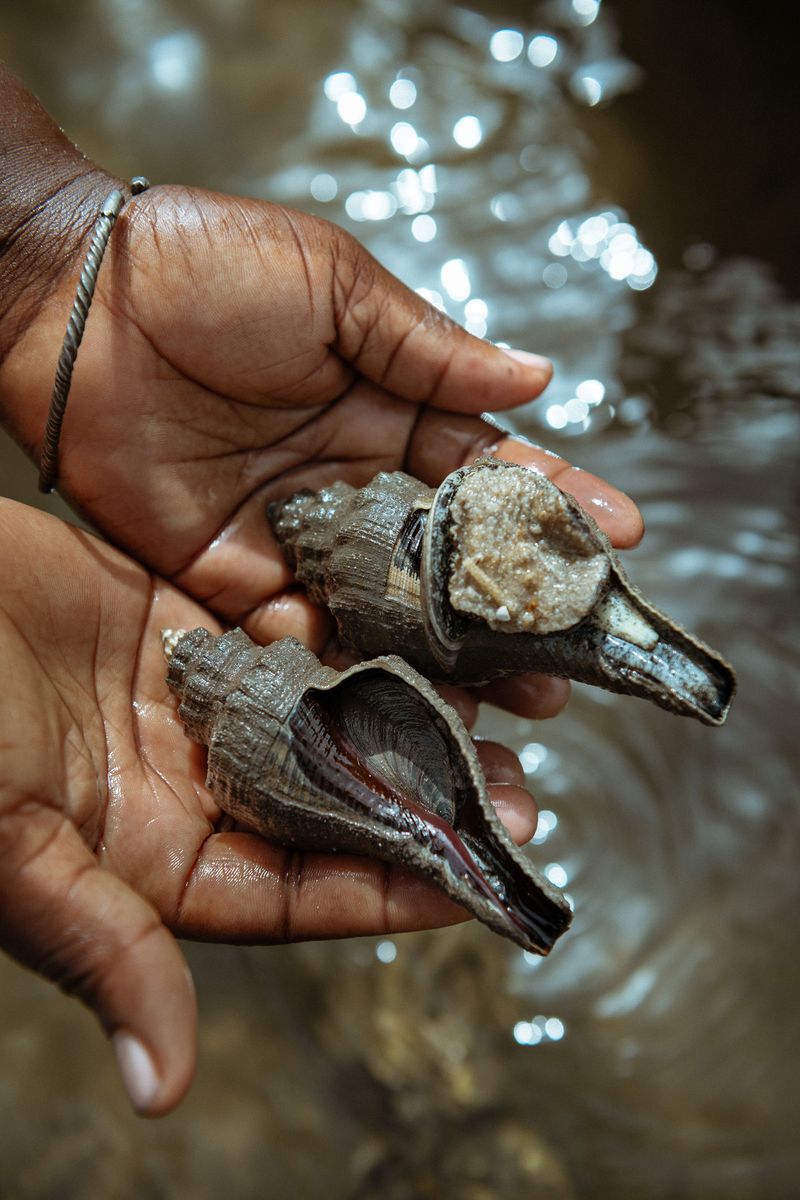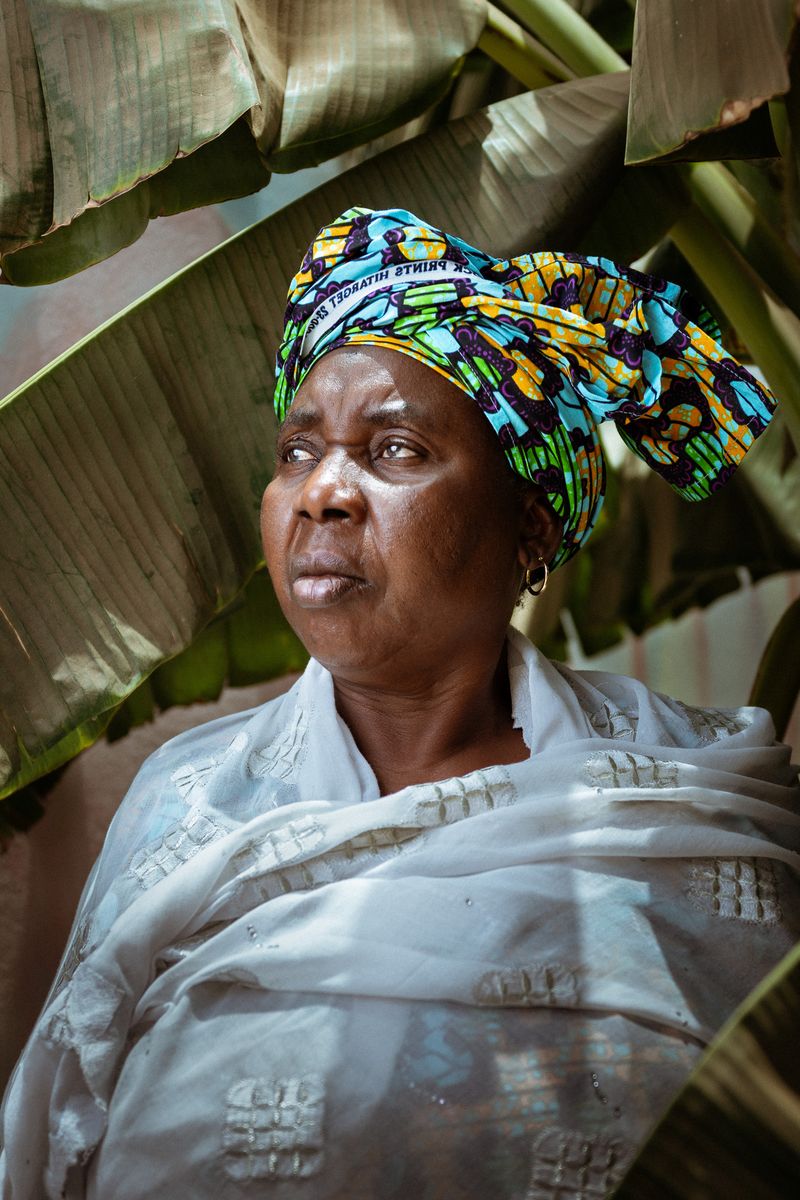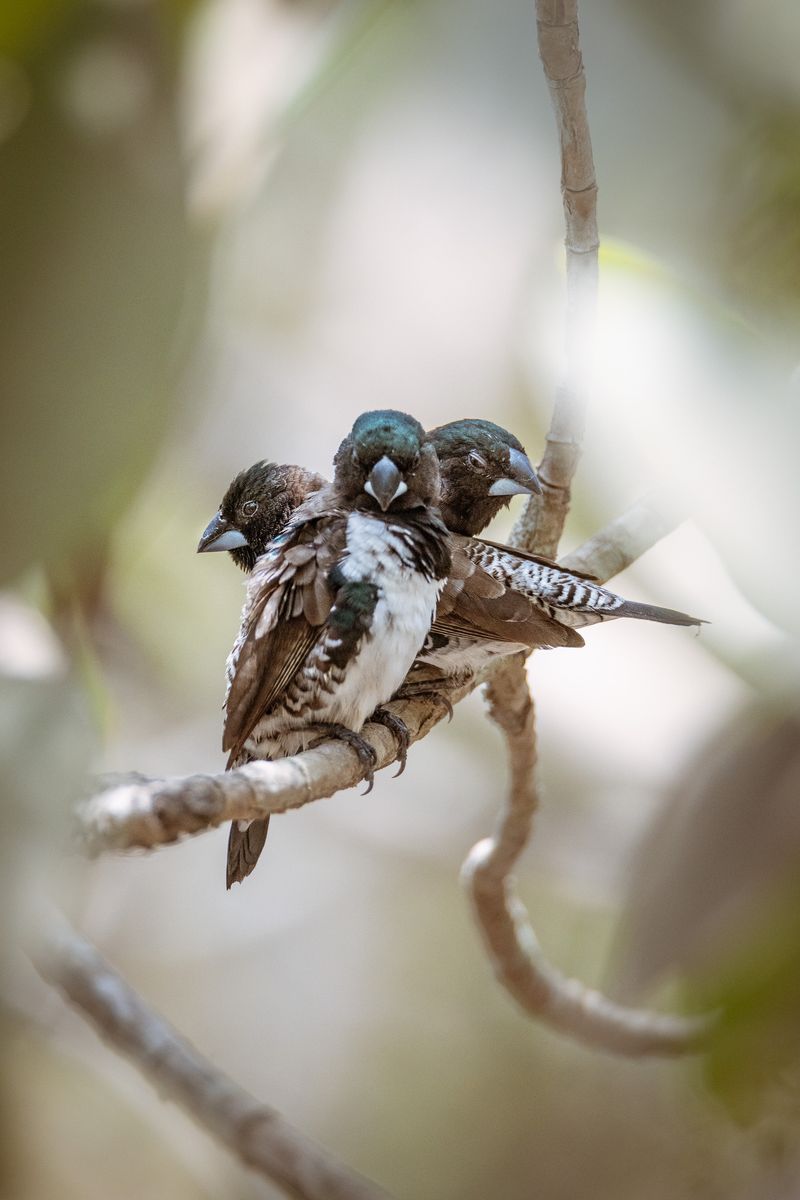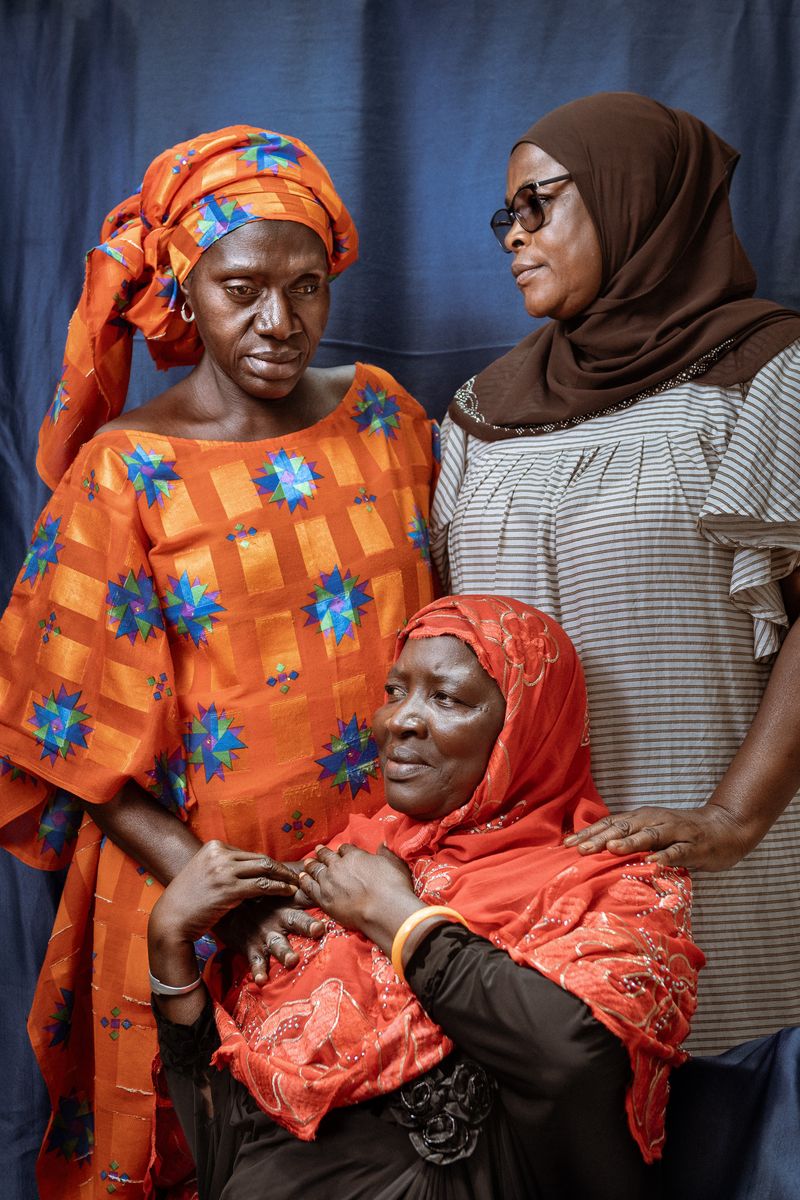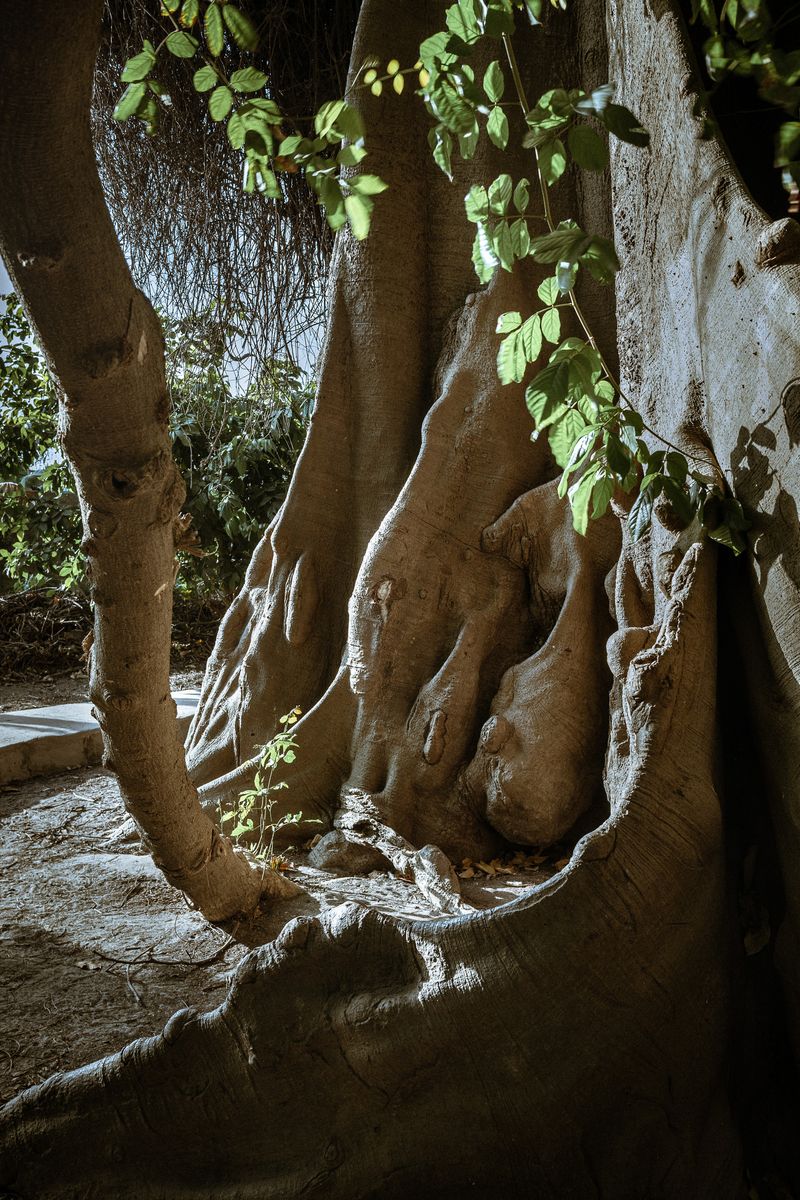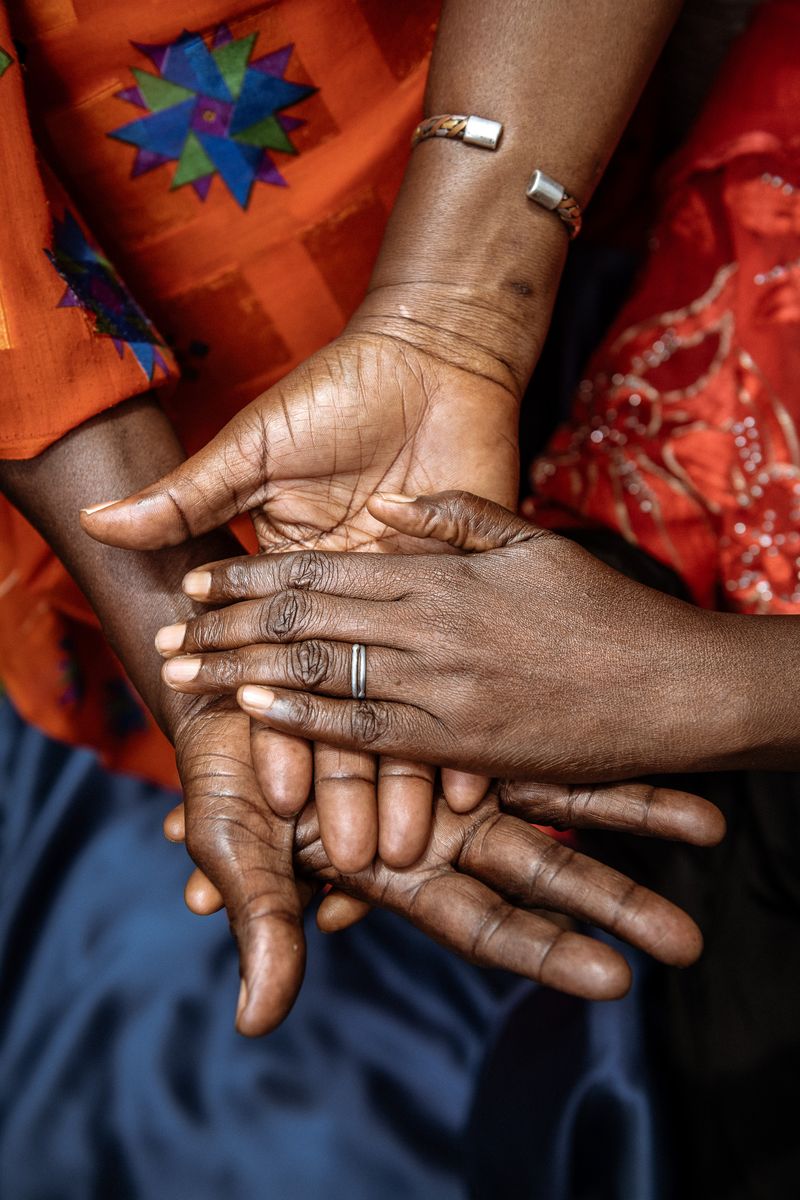Avant demain (Before tomorrow)
-
Dates2024 - 2024
-
Author
- Location The Gambia, The Gambia
-
Recognition
Under former dictatorship in Gambia, human rights violations particularly affected women: violence, enforced disappearances, and expulsions. Facing stigma and poverty, they are now uniting in the pursuit of justice, memory, and collective ealing.
Under the regime of former gambian dictator Yahya Jammeh, numerous human rights violations were committed, including extrajudicial executions, forced disappearances, sexual violence, torture, and arbitrary detentions. Among the thousands of victims, women were particularly vulnerable to the regime’s abuses, both directly and indirectly.
The women of the disappeared endured immense suffering. They were never officially informed of the deaths of their husbands, sons, fathers, or other family members, and most had to perform funeral rites without the bodies. The wives of soldiers living in barracks were brutally expelled after the executions and had to find refuge with relatives, losing their homes and status. Women accused of being involved in political opposition faced all kinds of abuse: harassment, torture, sexual violence.
All these women often found themselves living in extreme precariousness, especially those without financial resources. In addition to moral pain and financial difficulties, they faced stigma related to unfounded accusations: misinformation spread by the junta portrayed the deceased or the accused as guilty, provoking hostile public reactions and generating confusion, guilt, and shame among the victims, in addition to their stigmatization.
Today, in their quest for justice, recognition, and reparation, victimized women have come together despite their difficulties and traumas. They work together to survive their physical and psychological wounds, with mutual support fostering their healing and personal resilience. Their sharing of experiences and resources strengthens their ability to actively participate in justice and prevention processes. Through their work of remembrance and the long process of reparation they are building, they become agents of change and bearers of hope for the future.
Special thanks to Jakana Suso, Fatou Manej, Lele Bongan, Jarra Suwareh, Isatou Marong, Mbyan Demba, Awa Njie, Koumba Jallow (name changed), Isatou Jallow, and Fatoumatta Jallow for their testimonies, as well as to the Wave Gambia (Women’s Association for Victims’ Empowerment) and the Alliance Française of Banjul.
